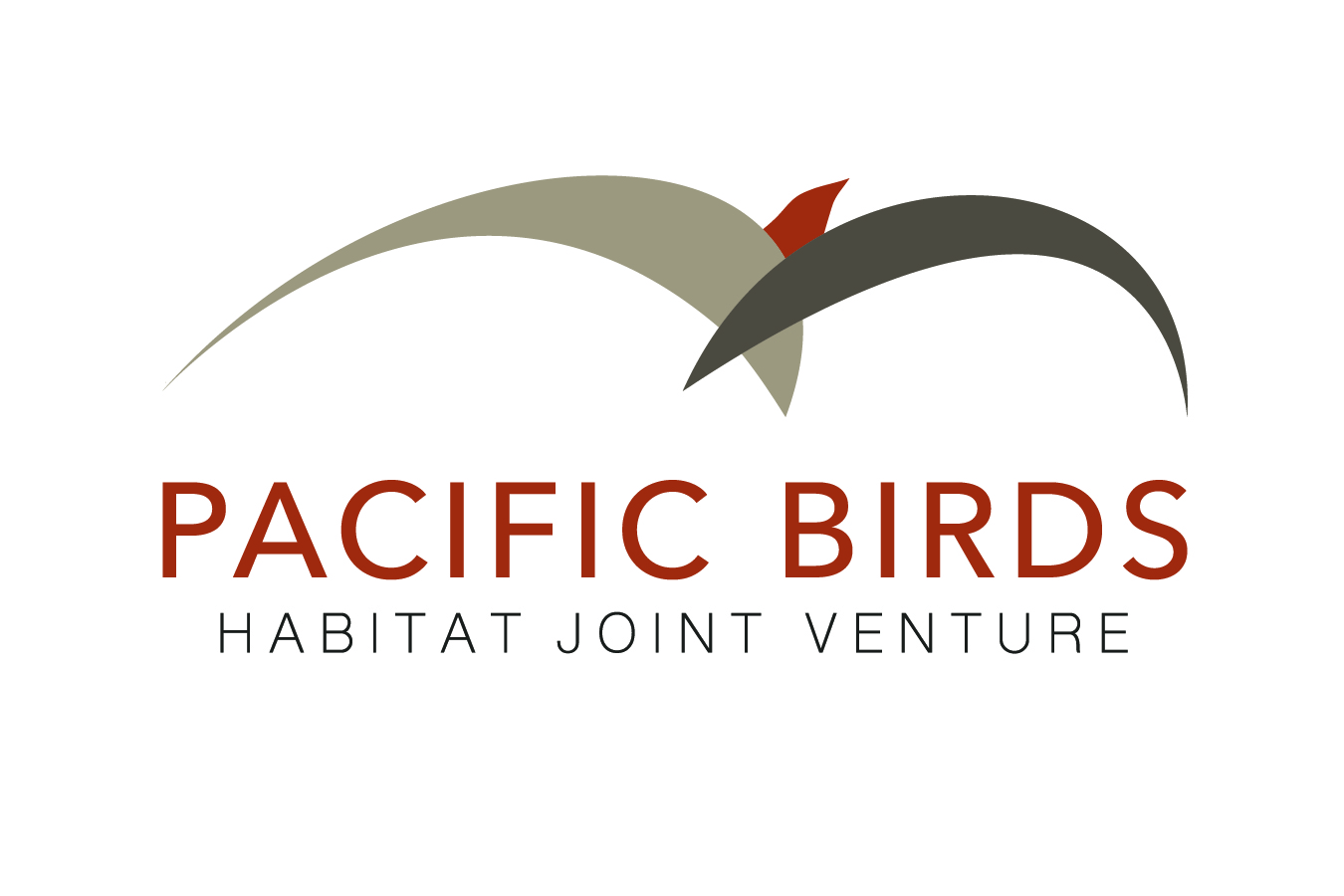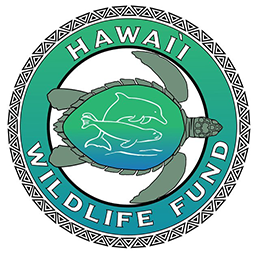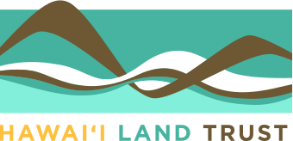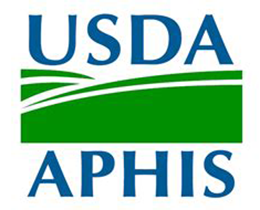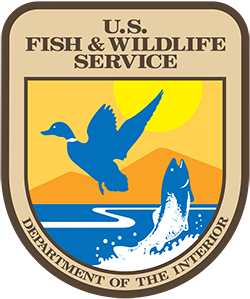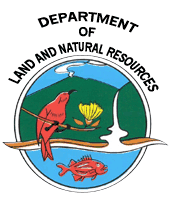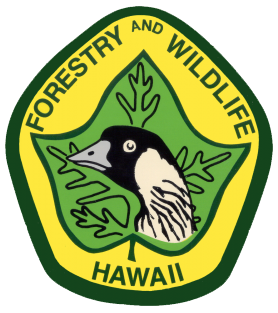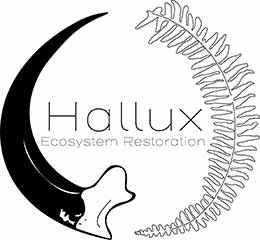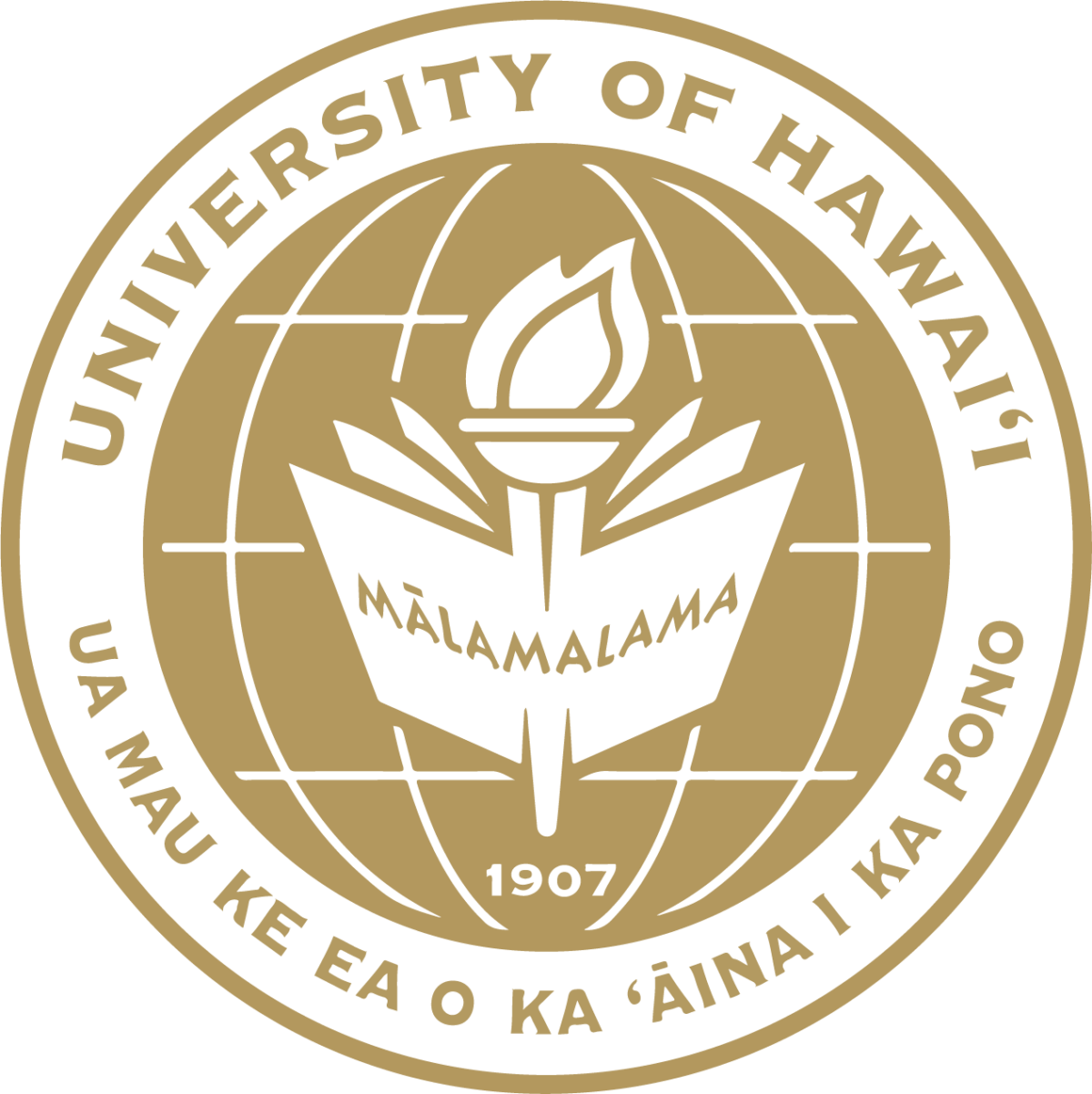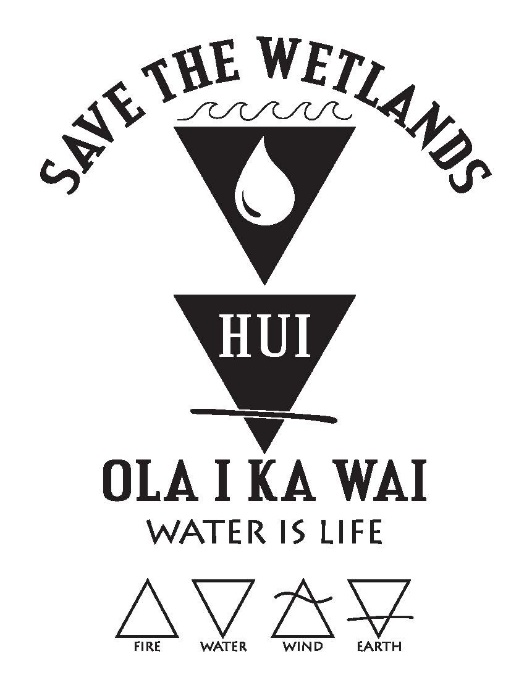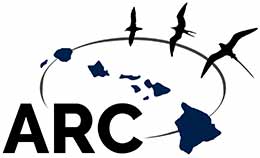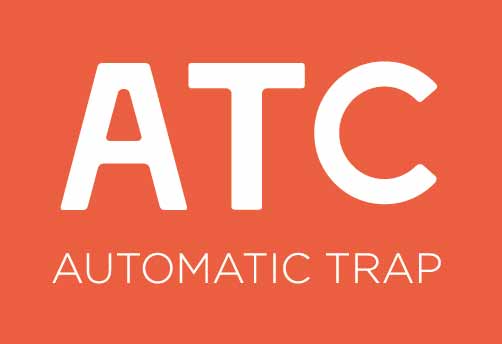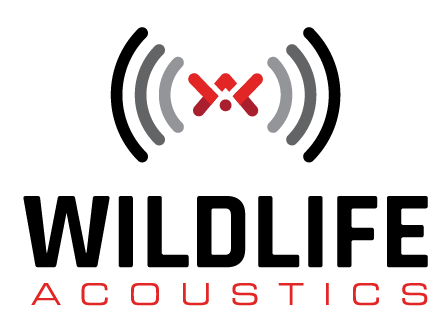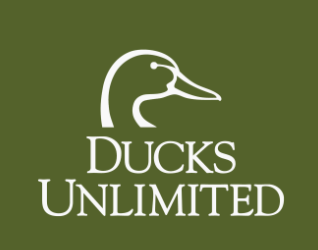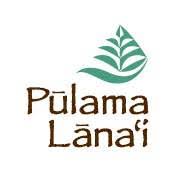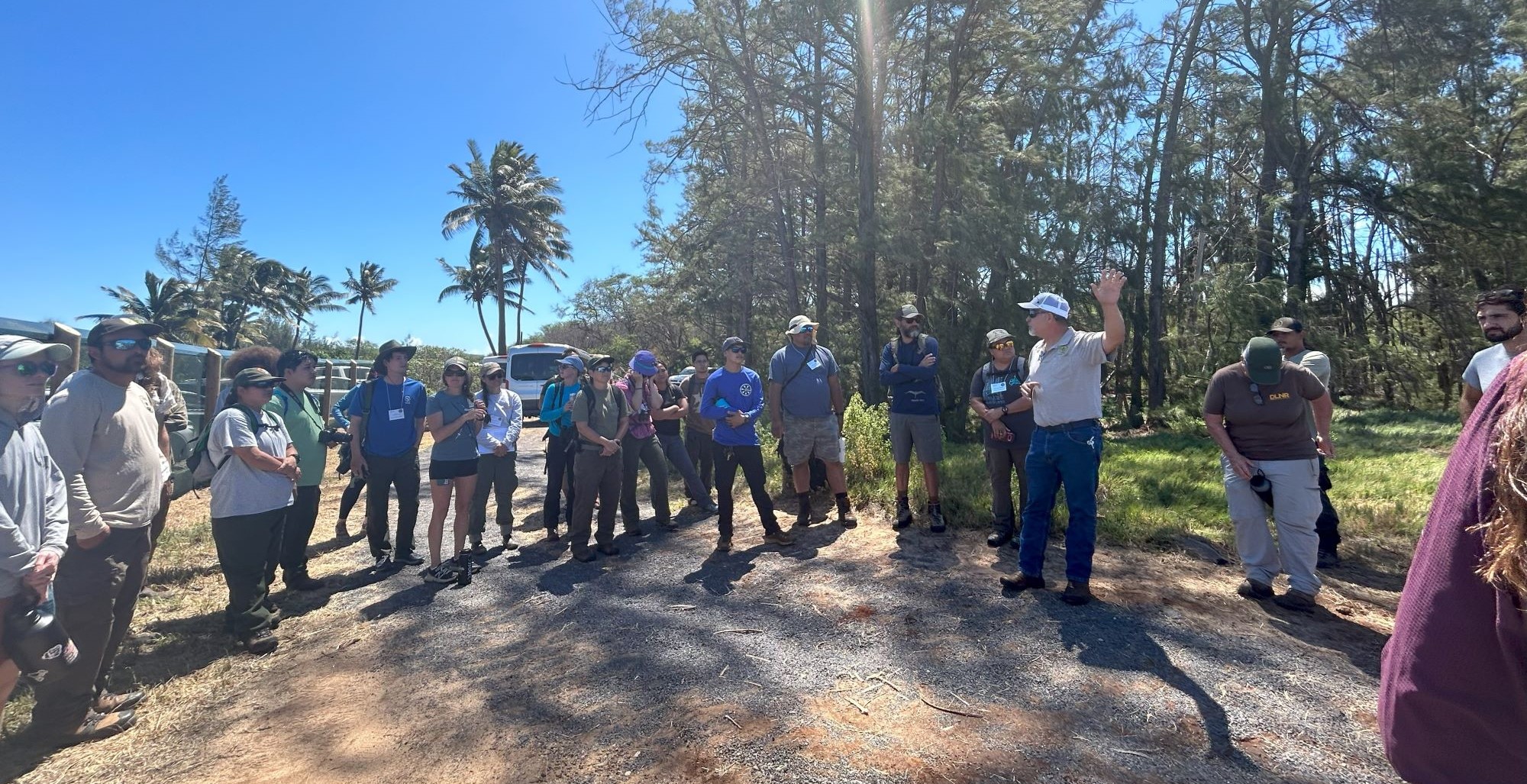
Opening Protocol
Predator control and wetland management may not be the first things most people associate with Maui, but with Threatened and Endangered waterbirds, a swath of wetlands, and the conservation challenge of heavy predation on recovering species, it was the perfect place for partners to gather to discuss both topics this April.
Between April 16-18, 2024, over 150 people came together at the Maui Arts and Cultural Center to discuss predator control, wetland, loʻi kalo (taro patches), and loko iʻa (fishpond) management and restoration, and waterbird conservation in Hawaiʻi. Day one began with an opening protocol from Trinette Furtado, a Cultural Practitioner, Lāʻau Lapaʻau (medicine) student, and Cultural Advisor to Save the Wetlands Hui. She is also an ʻĀina (land) activist, outreach worker, kumu (teacher), and minister. For the opening protocol, she offered two oli (chants) and shared ʻike *(knowledge or wisdom) about the moon phase, the importance of ʻāina, and ourselves as observers and actors. This opening protocol, which had us gathered together in the open field at the venue, was the perfect way to welcome us all to the space and set the tone for the rest of the workshop.
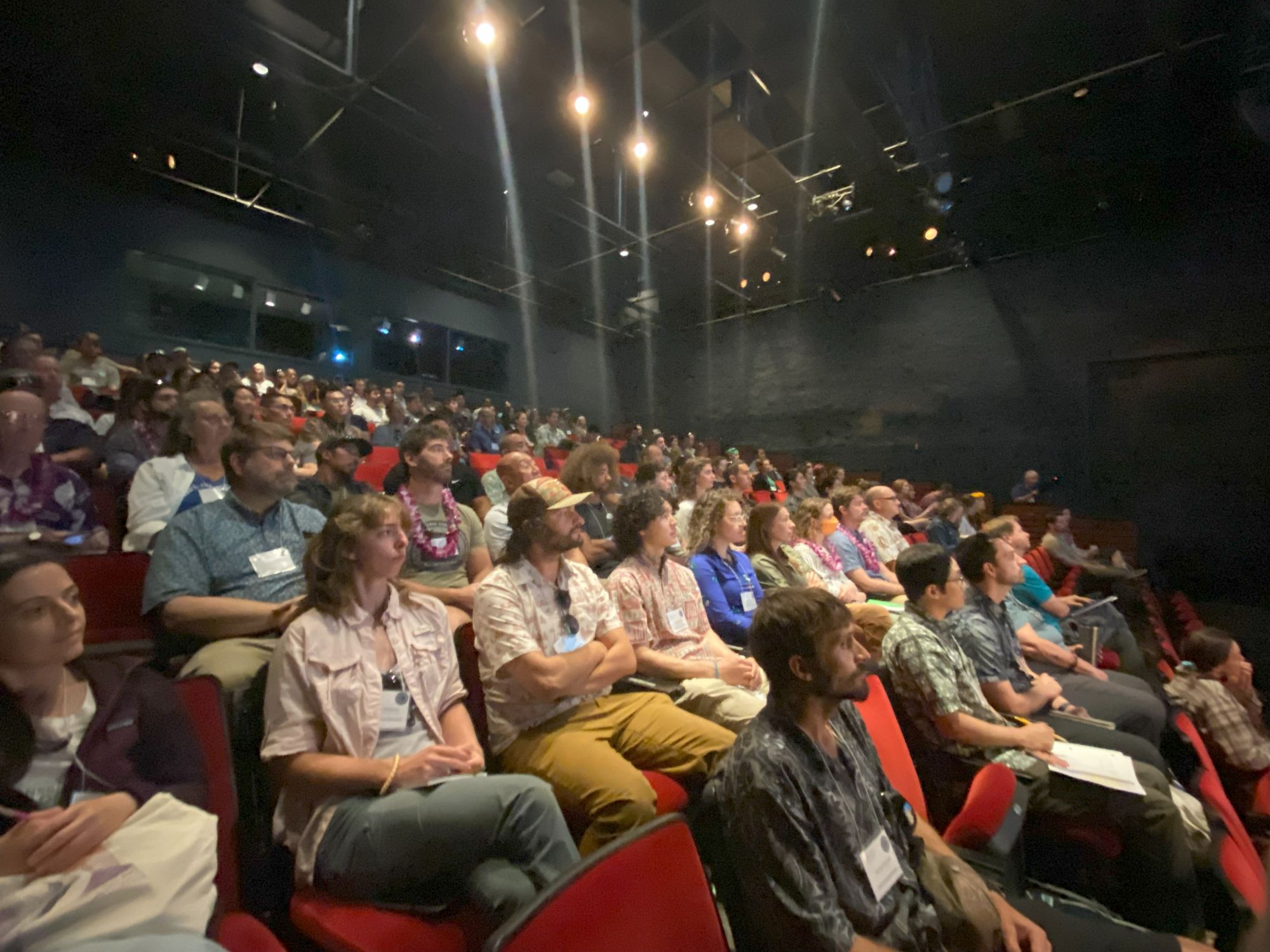
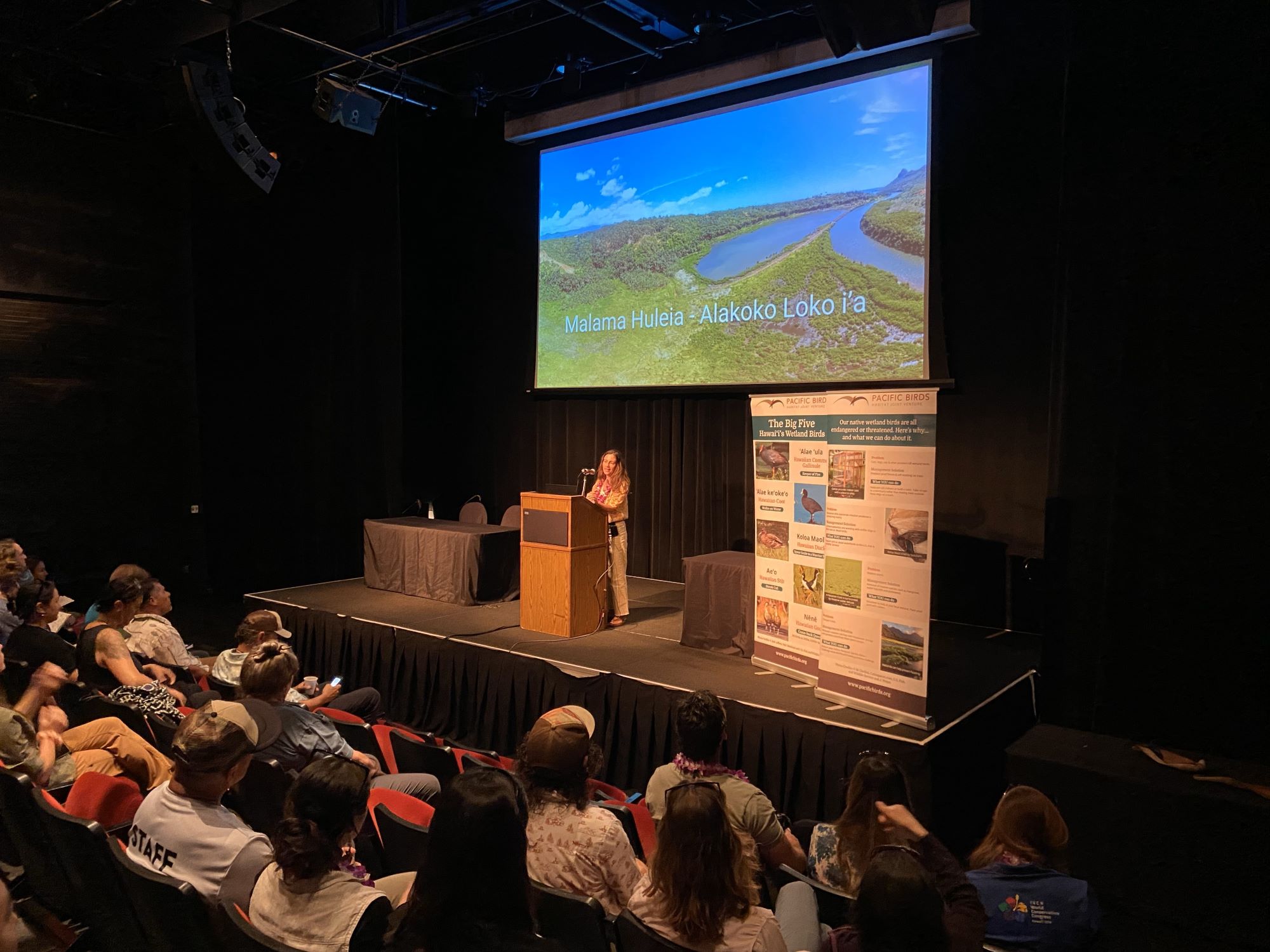
The Sessions
Our plenary speakers on day one were Scott Fisher, Director of ʻĀina Stewardship at Hawaiʻi Land Trust, and for the predator sessions Chris Lepczyk, associate professor in the College of Tropical Agriculture and Human Resources at the University of Hawaiʻi at Mānoa, and Darren Peters of The Capital Kiwi Project. On day two Kiana Frank of the University of Hawaiʻi led the plenary for the Wetland sessions. Recordings of plenaries, group sessions, and wetland sessions are available online now, along with a document summarizing some of the take-homes and next steps that came out of the wetland portion of the workshop.
Following the plenaries, a series of short talks covered mortality incidents in ʻalae ʻula (Gallinula galeata sandvicensis) and aeʻo (Himantopus mexicanus knudsnei) chicks, invasive species and predator management, and wetland restoration in Indigenous agroecological spaces, along with a panel discussion focused on managing predators in loʻi kalo and loko iʻa. In the afternoon, predator control and wetlands sessions split to allow for deeper dives into more specific topics in each field.
Robin Knox of Save the Wetlands Hui on Maui, shared these sentiments about the impact of the workshop:
“It was a rare opportunity for our staff to learn firsthand from experienced wetland professionals. For myself, I have had a long-held desire to visit wetland restoration projects statewide to learn different perspectives and techniques. Thanks to this workshop, I now have professional contacts with the places I want to visit. Hui members who attended expressed being profoundly affected by the discussions at the loʻi and loko iʻa sessions where diverse viewpoints and cultural approaches to bird habitat protection were explored.”
Some key takeaways included an interest in yearly one-day wetland symposiums paired with visits to wetland sites across the islands, updates to avian influenza (AI) outbreak planning, and revisiting the outreach networks for both AI and botulism. Sessions also identified a need for further communication about powerline collision risks for waterbirds, the value of using Hawaiian names for wetlands at a broader scale, and the importance of loʻi kalo and loko iʻa for waterbird recovery.
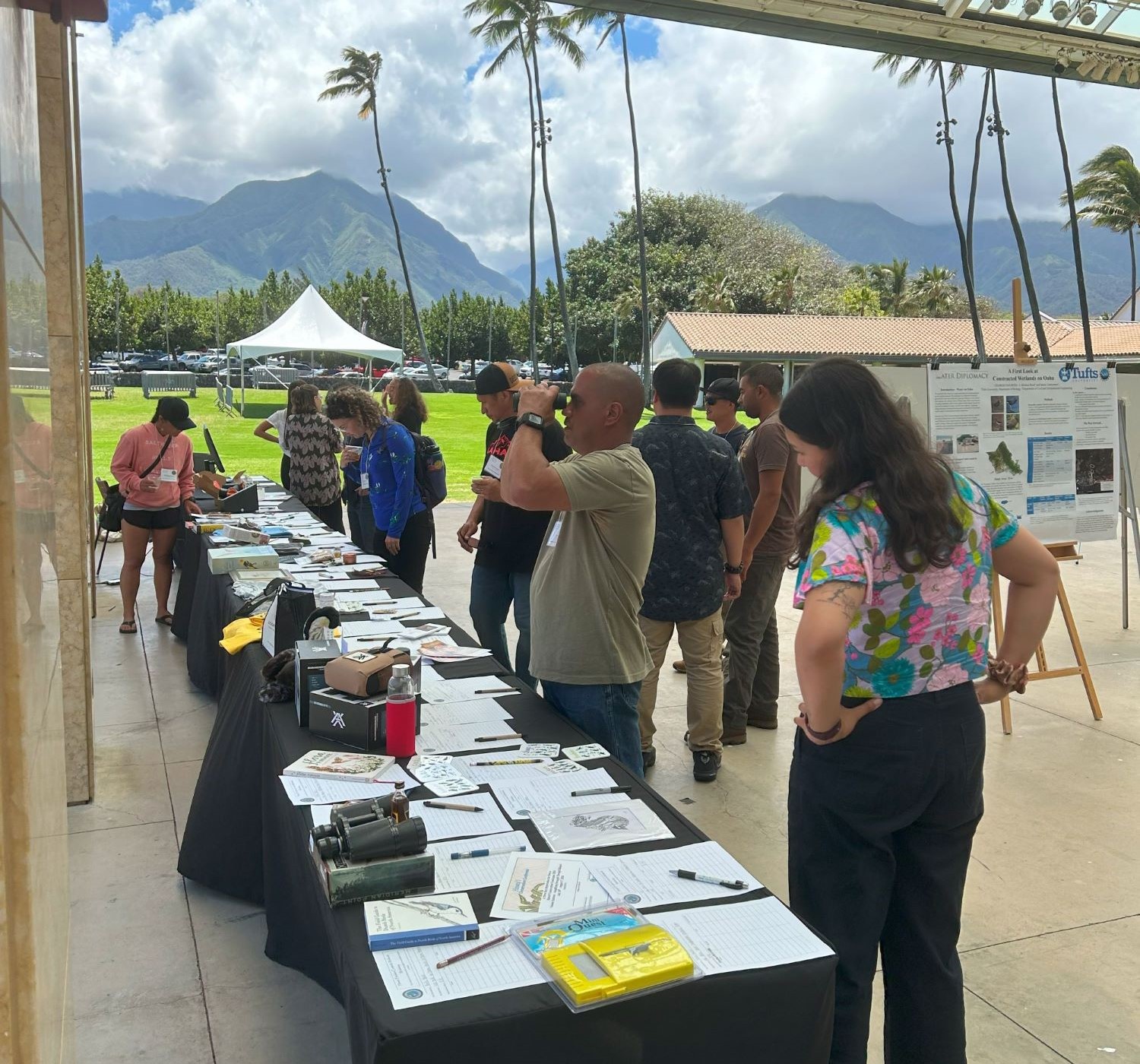
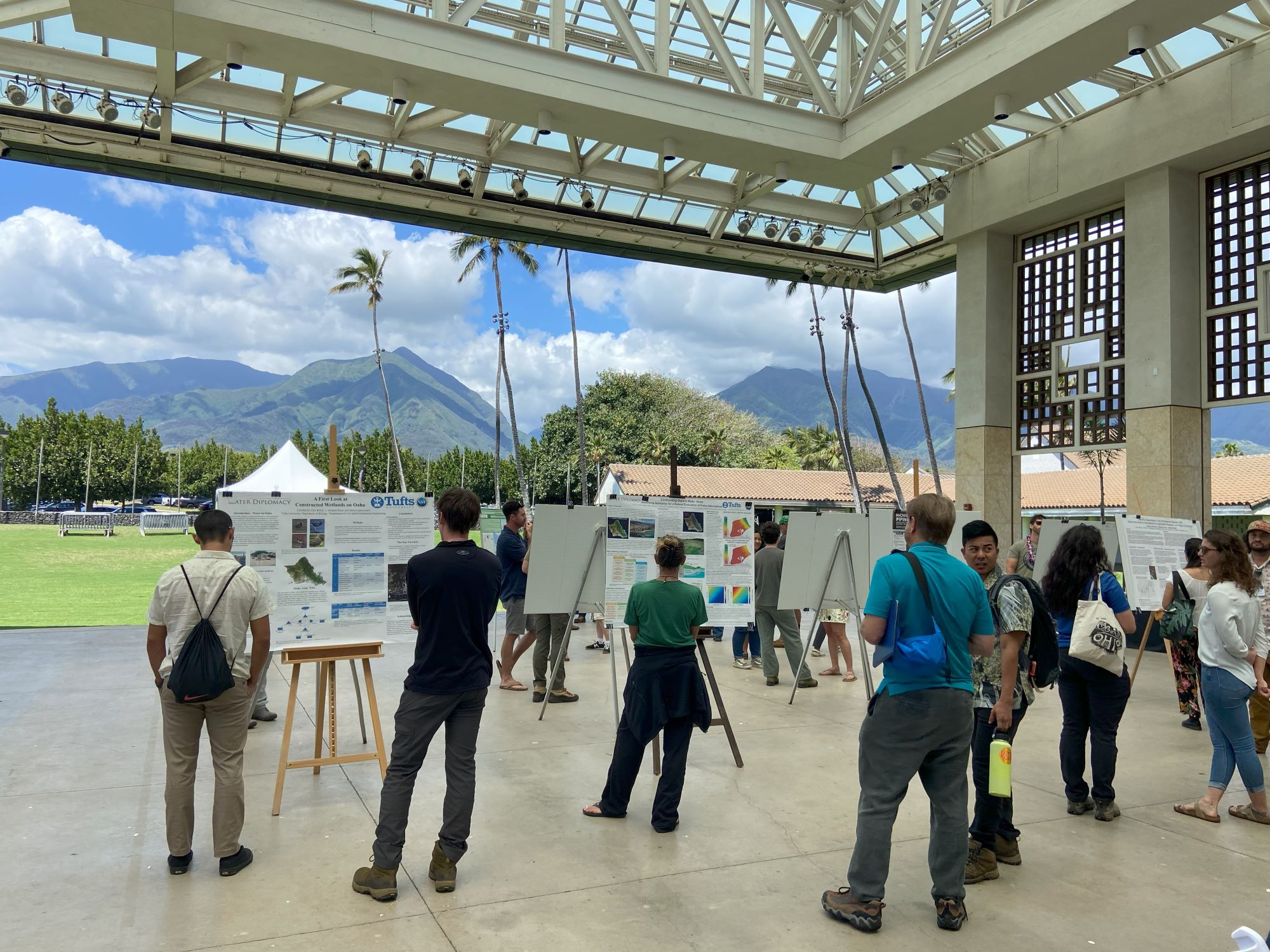
Raffle, Silent Auction & Field Trips
The workshop also included a silent auction and raffle with wetland bird art, books, Vortex binoculars, and a few less conventional prizes like song meters from Wildlife Acoustics, predator traps, and a Lydgate Farms chocolate tour, along with many other amazing donated items. $1800 was raised to support stipends to support students, farmers, and others to attend the workshop for free.
On the third day of the workshop, field visits to sites across Maui provided opportunities to see the benefits of waterbird conservation and predator control efforts in action. Visits included Keālia Pond National Wildlife Refuge, Kanahā Pond State Wildlife Sanctuary, and a work day at HILTʻs Waiheʻe refuge.
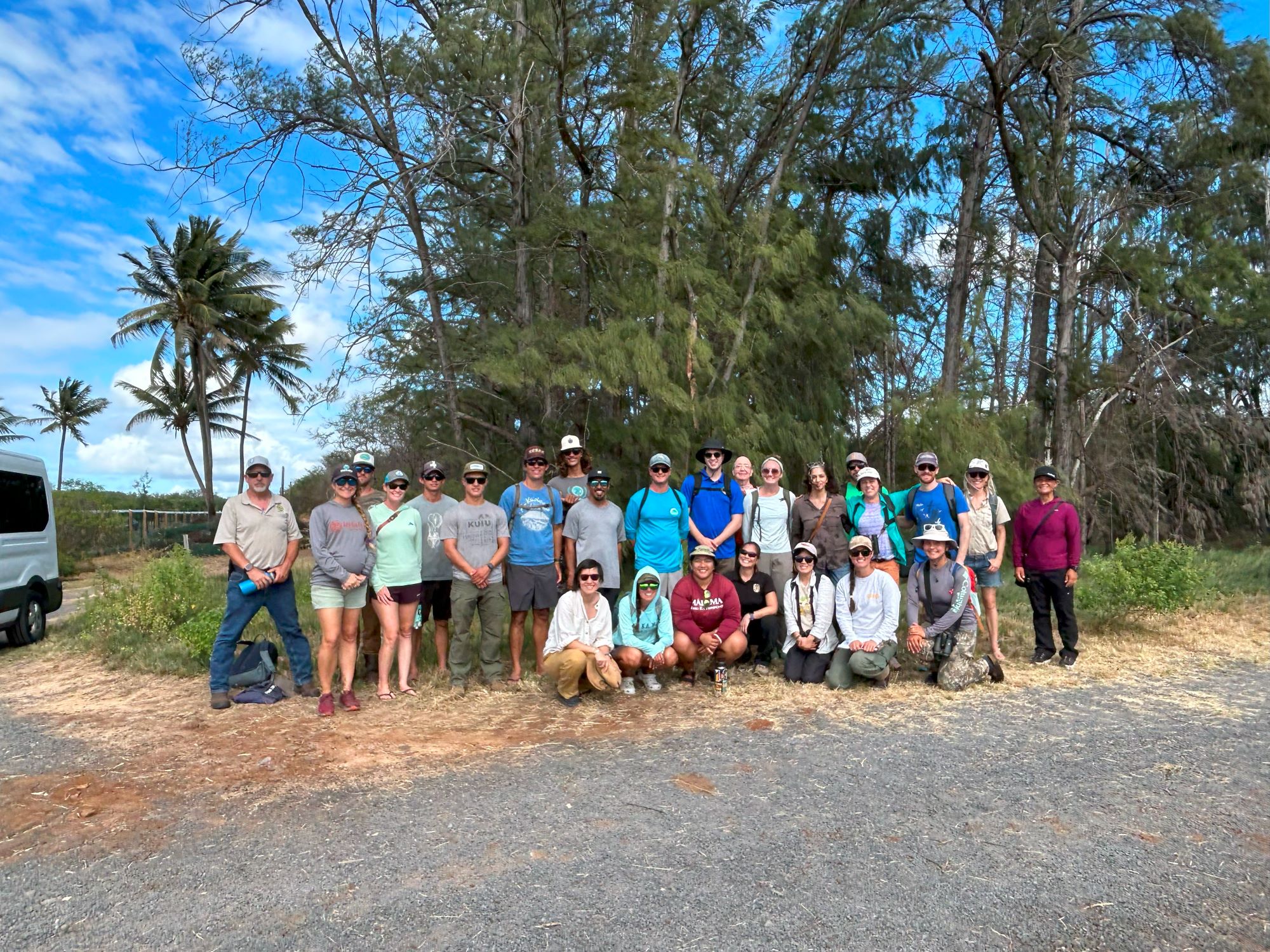
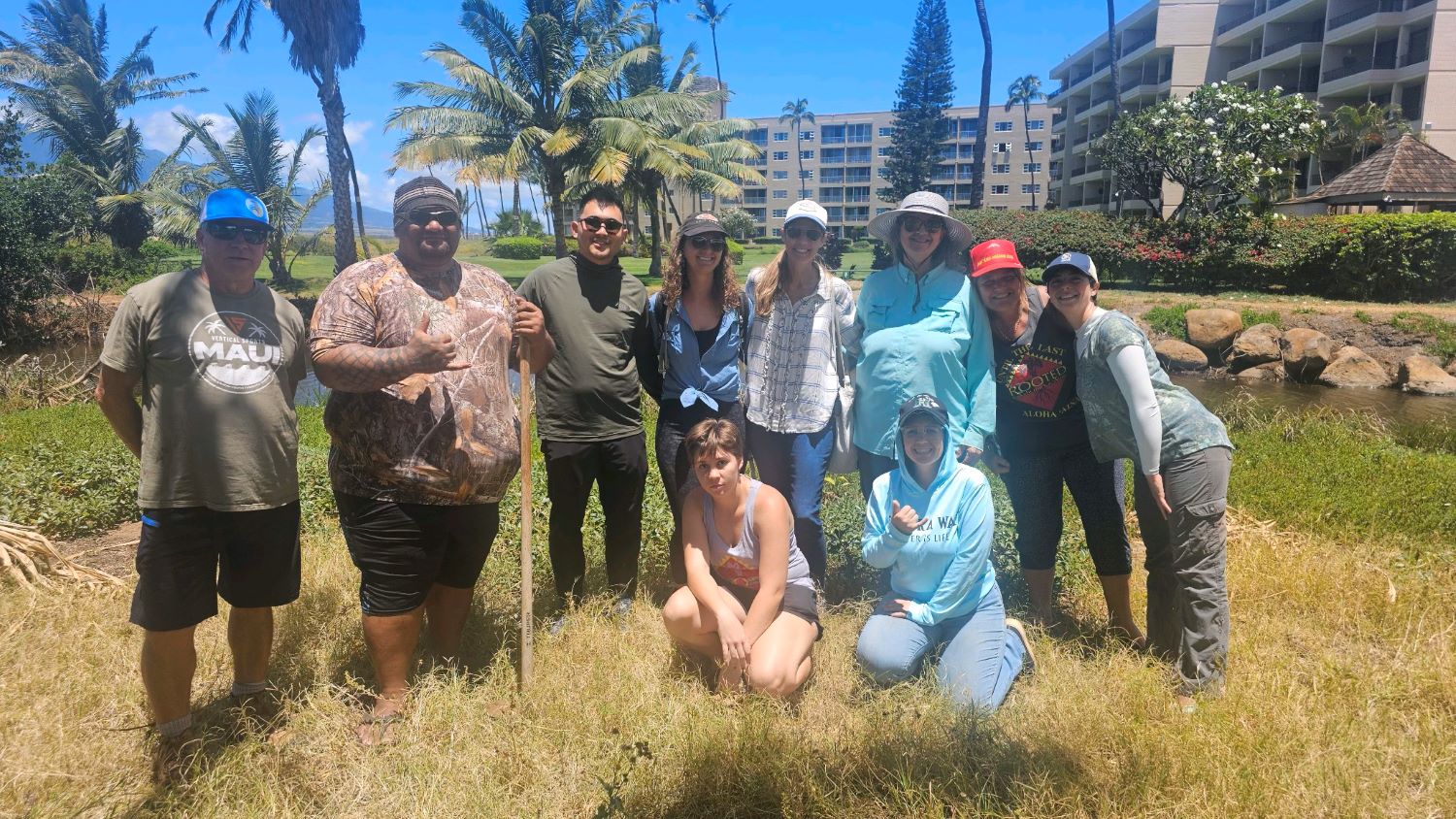
The event was a huge success thanks to the Hui, partners, and sponsors below.
